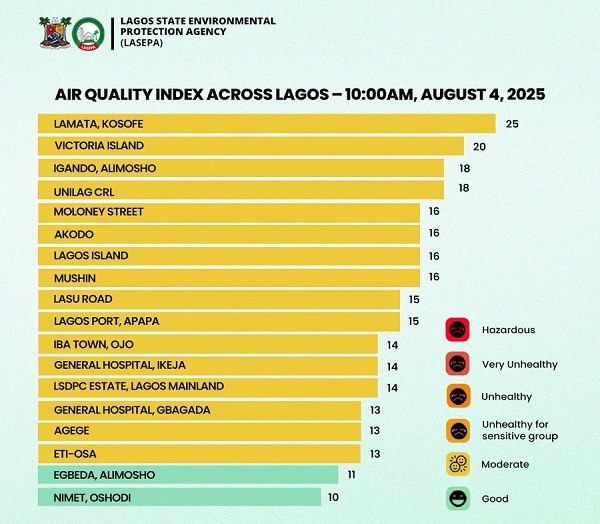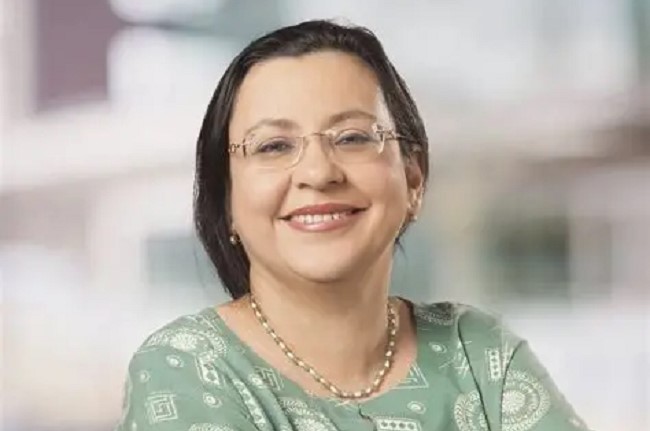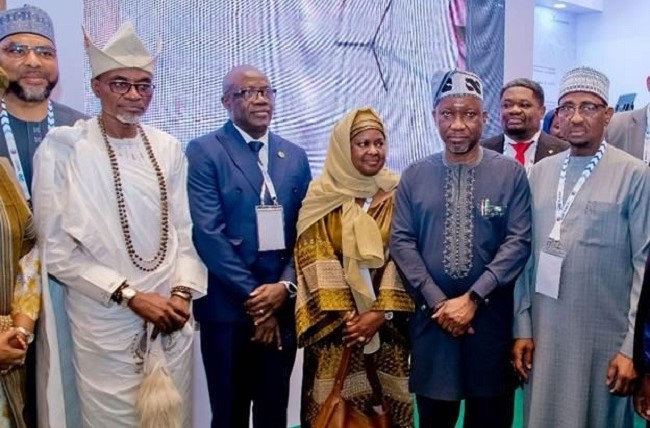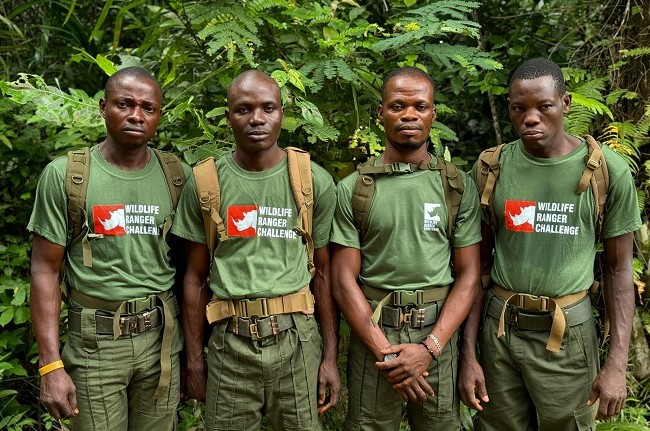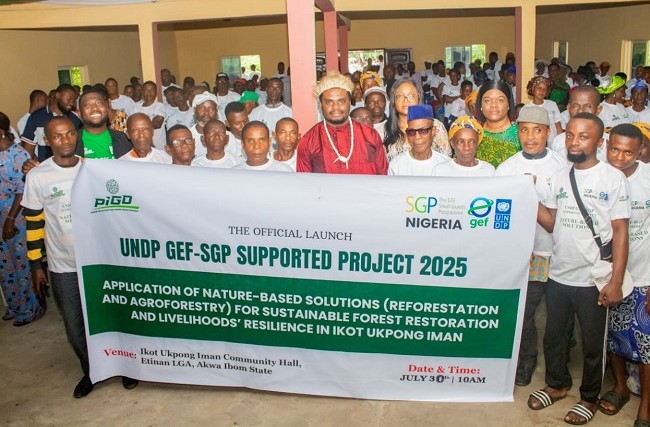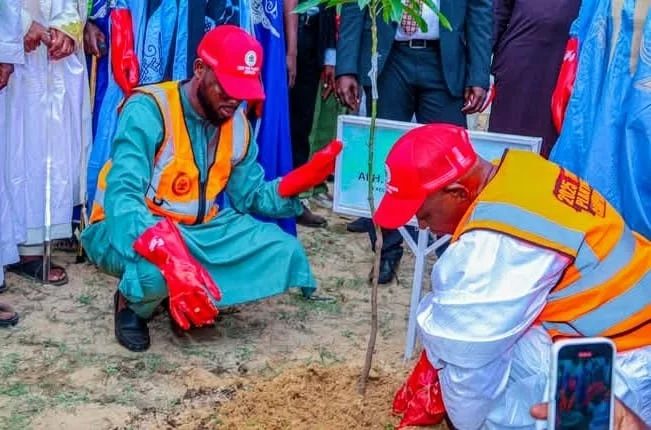Minister of State for Petroleum Resources (Gas), Dr Ekperikpe Ekpo, has reiterated plans to expand the use of cleaner cooking gas in rural Nigerian communities.
Ekpo made this known on Monday, August 4, in Lagos during the opening of the 48th Nigeria Annual International Conference and Exhibition (NAICE) 2025.
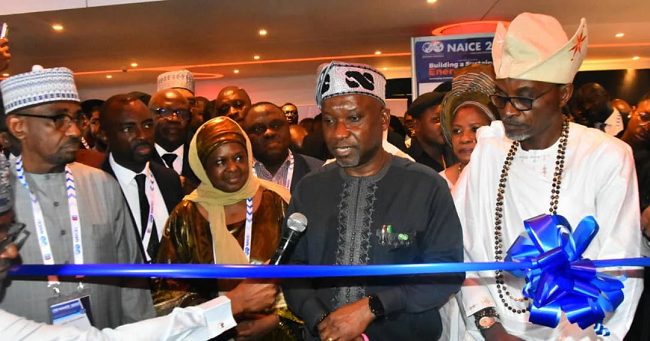
The conference is with the theme: “Building a Sustainable Energy Future: Leveraging Technology, Supply Chain, Human Resources, Policy”.
He said the government’s LPG Penetration Programme would distribute cylinders nationwide, empowering women and youth to promote clean cooking in rural areas.
Ekpo reaffirmed the government’s target to transition five million homes to clean cooking by 2030.
“We have expanded gas supply for industries, prioritising manufacturing hubs, power generation, and industrial corridors,” he added.
He assured that all gas off-takers currently receive the volume required for their industrial processes.
Ekpo also highlighted achievements and ongoing projects, including growing investment in gas infrastructure such as the OB3 and AKK pipelines.
He listed modular and scalable gas projects like mini-LNG and CNG stations, aimed at boosting last-mile access and local economies.
Job creation is also being facilitated through public-private partnerships in construction, logistics, and retail within the gas value chain.
Ekpo praised NAICE for evolving into a leading platform for technical dialogue and energy policy development in Nigeria.
He said the theme aligns with the government’s push for a sustainable, inclusive, and future-ready energy sector.
“We are at a defining moment in the global energy transition,” Ekpo noted.
He stressed the challenge of balancing energy security and climate goals, particularly for countries like Nigeria.
“It calls for innovation, bold policy, and strategic investment,” he said.
Ekpo commended President Bola Tinubu’s focus on gas as central to Nigeria’s energy transformation strategy.
He said the phrase “From Gas to Prosperity” reflects the national ambition for gas-fuelled industrialisation and job creation.
He added that gas would also drive wider access to clean and affordable energy across the country.
Ekpo noted the Petroleum Industry Act (PIA) has provided a firm regulatory and fiscal base for progress.
The government, he said, is also pushing market-reflective pricing, deepwater development, and domestic supply obligations.
He stressed that collaboration is vital in achieving Nigeria’s energy vision and a sustainable energy future.
“Government alone can’t do this. We need professionals, private enterprise, youth innovation, and global partnerships,” he said.
He commended the Society of Petroleum Engineers (SPE) Nigeria Council for sustaining the NAICE platform.
“Your work is shaping the future of the energy industry and our nation,” Ekpo said.
He urged them to keep sharing knowledge, pushing boundaries, and developing practical solutions.
“Together, we can build a gas-powered energy future of inclusiveness, prosperity, and sustainability,” he added.
In his remarks, Lagos Governor, Mr. Babajide Sanwo-Olu, described the conference theme as timely and forward-looking.
He was represented by Mr. Abiodun Ogunleye, Commissioner for Energy and Mineral Resources, Lagos State.
Sanwo-Olu acknowledged that while oil and gas remain key, the future must be sustainable and innovation-driven.
He said Lagos is promoting clean energy, investing in human capital, and improving infrastructure for upstream and downstream operations.
He reaffirmed the state’s support for inclusive, sustainable energy initiatives and environmental responsibility.
The governor thanked SPE Nigeria Council for choosing Lagos to host the conference.
“We are proud to support this progressive conversation and welcome its transformative outcomes,” he said.
Sanwo-Olu also noted state efforts in creating an investor-friendly climate for the oil and gas industry.
He cited the Lekki Free Zone and Deep Sea Port as strategic petroleum logistics and supply chain enablers.
He mentioned Lagos’ Electricity Policy and private-sector partnerships to promote off-grid and clean energy solutions.
“These measures help bridge the energy access gap and boost socio-economic development,” he said.
The conference drew about 2,000 participants and 70 exhibitors.

